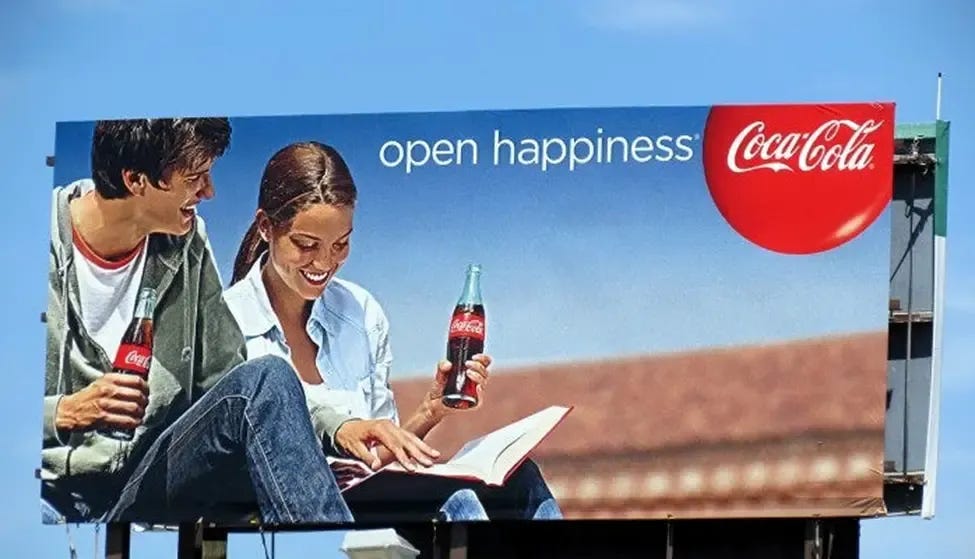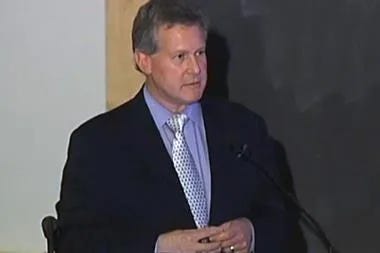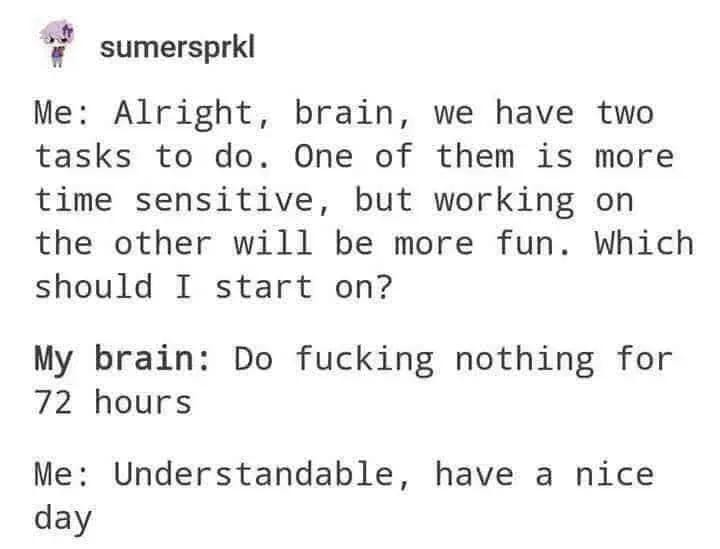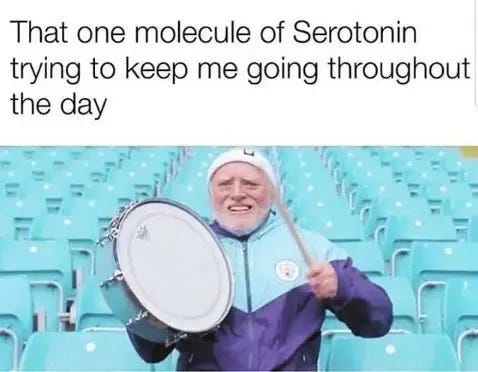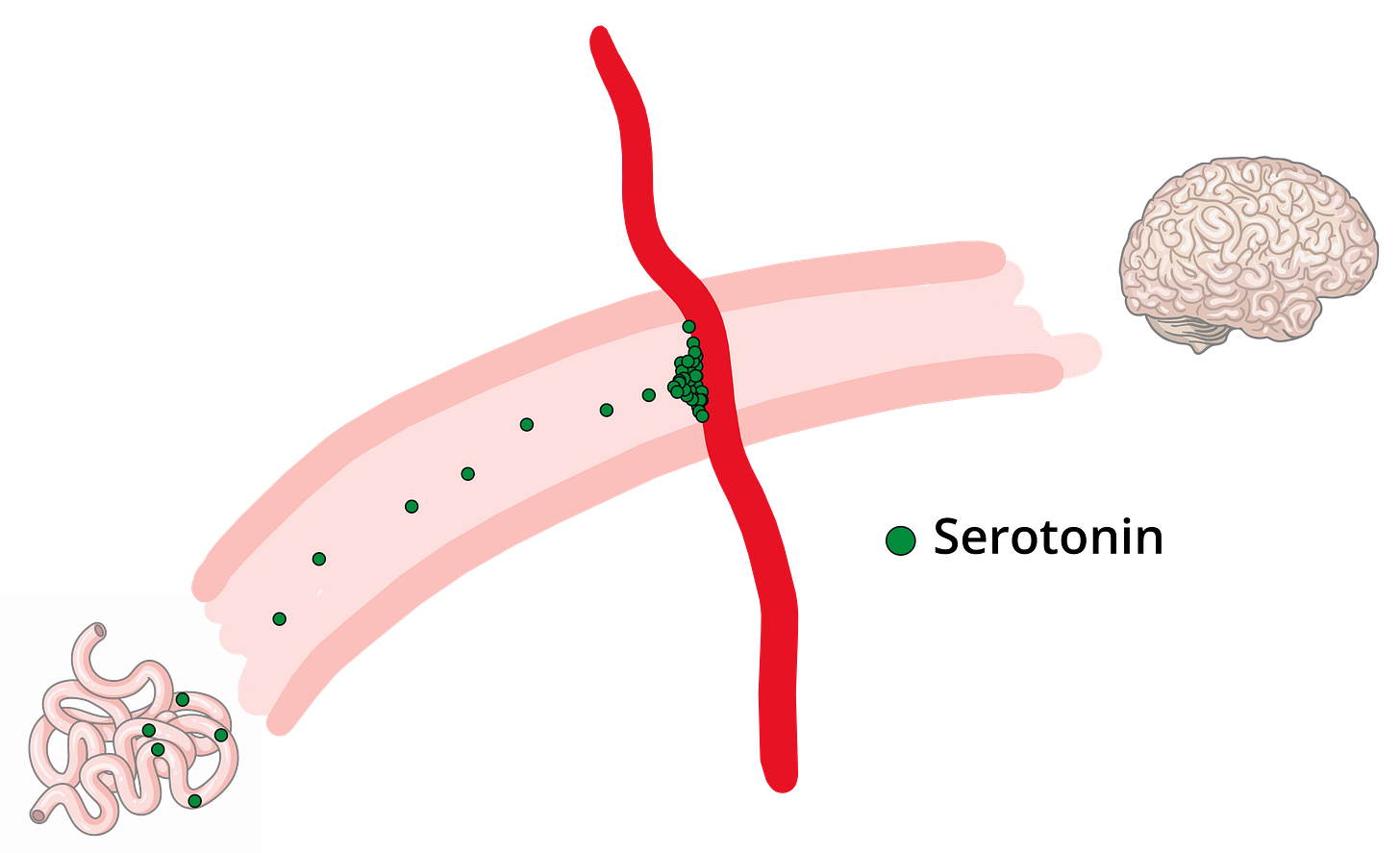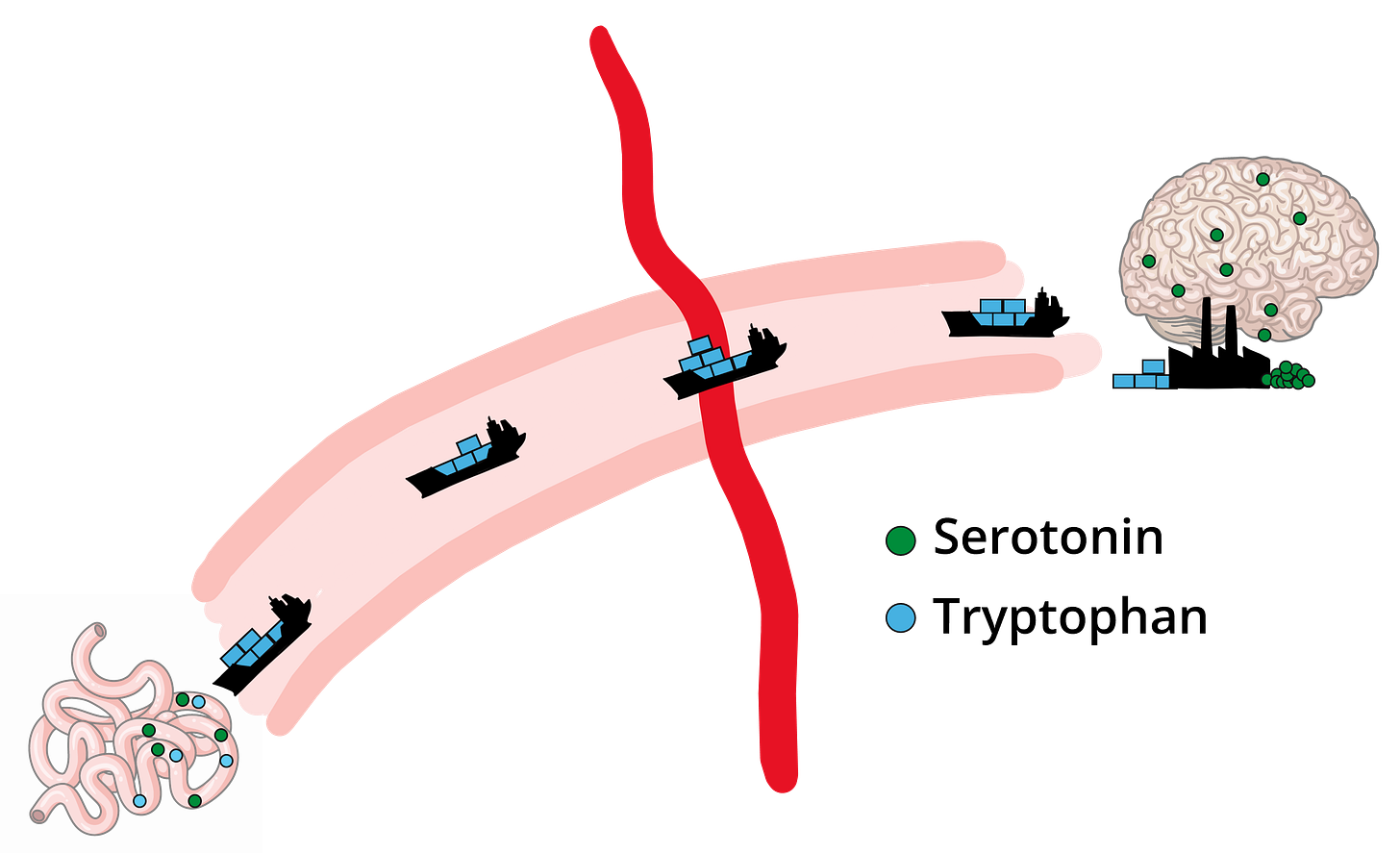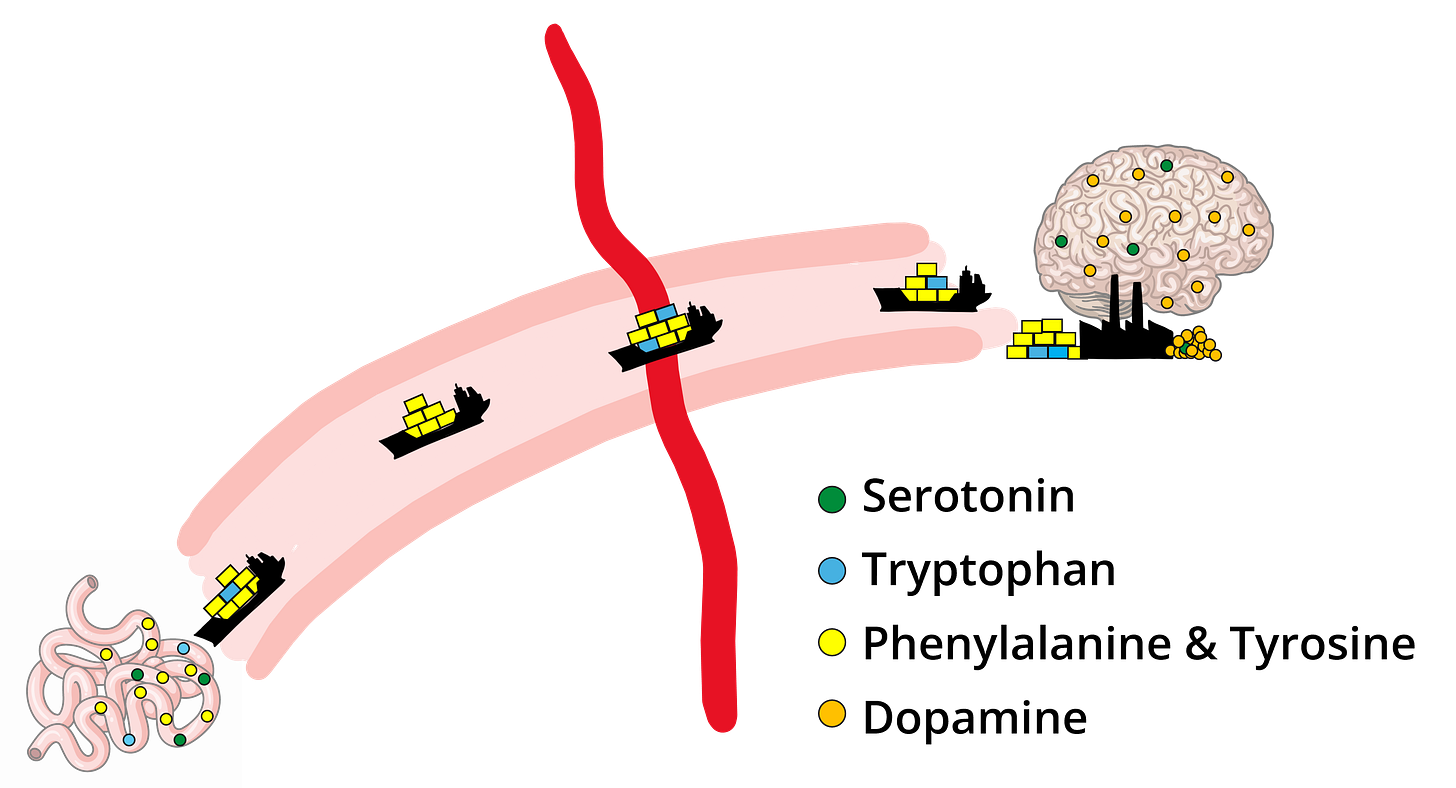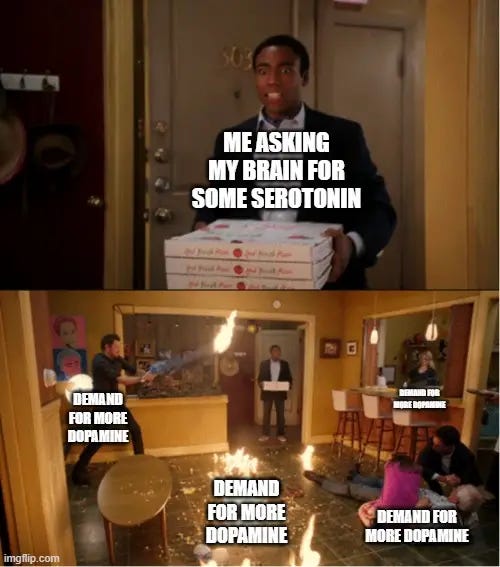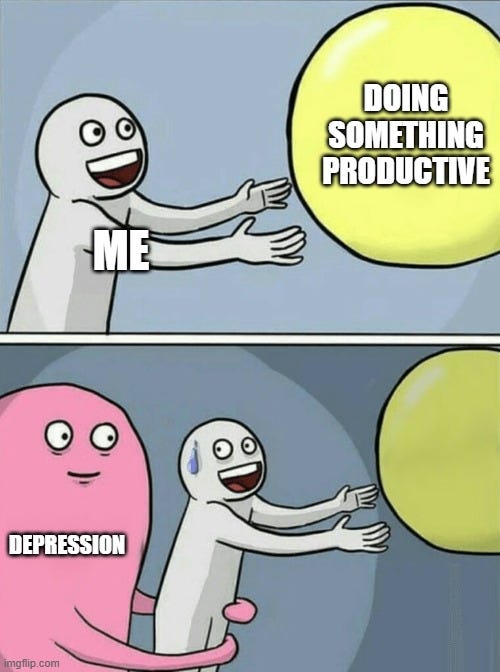Read this if you're constantly feeling down, depressed, apathetic, uninterested…
... and want to understand why + what to do about it.
From 2009 to 2016, Coca-Cola’s tagline was “open happiness.”
As average consumers, we're not supposed to question such things. We’re expected to shrug and think, "I guess that makes sense. If I drink a cold Coke, I feel good. I like feeling good. So that's happiness, right?"
Doctor Robert Lustig is not, however, your average consumer.
An endocrinologist who treats patients with metabolic disorders—many of whom are now children with "adult" diseases like type II diabetes—Lustig can't let such slogans slide. To him, these aren't imprecise but harmless catchphrases. They're evidence of a calculated deception being perpetrated by society's most powerful entities: Big Food, Big Tech, and Big Pharma.
In his 2018 book The Hacking of the American Mind, Lustig exposes how these industries deliberately blur the line between happiness and pleasure. To him, we’re all constantly being sold on products—from sugar water to social networks—with the promise of happiness… when all those things are capable of is doling out fleeting moments of pleasure.
And this bait-and-switch hasn't just inflated our waistlines or Screen Time metrics. It's created a devastating societal crisis. As Lustig puts it:
---
So why is this relevant?
Well, in the 20-Minute Motivation Method (free PDF here), I make a pretty bold claim: our vices provide shortcuts to survival-affirming rewards. As such, they effectively trick our brains into thinking we're thriving super well, when really, we're not.
The result? Our motivation gets massively supressed. We then get hit with that "ugh, I just don't feel like it" feeling the moment we sit down to work.
This traps us in a procrastination cycle: a lack of motivation leads to time-wasting, and that time-wasting further kills motivation, leading to more time-wasting, and so on.
This sucks for us… but it's a fucking goldmine for the industries behind these vices.
But it gets worse. Turns out there's another hidden consequence of our vices—one that’s just as damaging to our ability to get things done.
And it all comes down to a little molecule called serotonin.
The Brain's Chemical Tug of War
Serotonin, as you already know, is responsible for feelings of contentment and well-being. It works too as a mood stabilizer, helping you feel balanced and at peace.
Too little leads to depression. Cue those painfully relatable memes.
But here’s the thing about this molecule: most of it is produced in your gut to be used there. But gut serotonin can't reach your brain through your bloodstream. It just can't cross the blood-brain barrier.
So your brain has to manufacture its own. It does this using the amino acid tryptophan as raw material.
Thing is, tryptophan only comes in with your food (poultry, tofu, cheese...) and can only cross that blood-brain barrier by hitching a ride on "Amino Acid Transporters"—which you can think of as tiny cargo ships.
Turns out though, these same cargo ships also transport other molecules to the brain, including phenylalanine and tyrosine: the raw materials for dopamine, the neurotransmitter driving you to grab your phone, open TikTok, and scroll endlessly.
But the capacity of these cargo ships is extremely limited.
There's therefore direct competition in your brain to import the stuff to make serotonin (for happiness) and the stuff to make dopamine (for pleasure-chasing).
And what do you think happens when you spend your entire morning "pursuing" one reward after another? What happens when you doomscroll for 6 hours on TikTok and Instagram, stopping only to pour another bowl of Cap'n Crunch or fap cause you saw a moment of side-boob?
Well, your brain burns through massive amounts of dopamine. To keep up, it prioritizes shipping more of its raw ingredients—thereby sacrificing the import of materials needed for serotonin production.
In other words, you and your basic desire to feel just a tinge of happiness is being completely overshadowed by an incessant demand for pleasure chasing.
The True Cost of Unhappiness
But this Substack is about getting disciplined. It's about buckling down, and getting focused and productive with your responsibilities and ambitions. And all of that doesn't require happiness, right? You don't need to feel all swell and chipper to study for an hour or make progress on a creative project.
You do, however, need a baseline level of happiness.
When you're utterly depressed and despondent... when it feels like 200-pounds of despair and apathy is pressing you down... you can't expect yourself to get up and go. You can't "just do it".
Happiness isn't a nice-to-have for productivity... it's a need-to-have—at least in some baseline minimal amount.
It's like we all need to feel like there's something, anything, worth looking forward to. Something justifying the engagement and effort that our work demands.
But when you're deeply unhappy—when it feels like there's not a single molecule of serotonin floating through your brain—that minimum threshold becomes impossible to reach.
It's like, why even bother?
So you don't.
In short, your vices aren't just stealing your time and attention—they're literally robbing your brain of its ability to feel happy. And when you don't feel happy, getting work done becomes straight-up impossible.
So my advice?
Cut out the damn vices.
Delete the apps. Set up screen time limits and website blockers. Put in play systems and processes to remind you of why and keep you in check.
Do all you can to reduce all the stimulus and titillation—all the demand for the production of dopamine. Then, wait a while and see how you feel.
You might find yourself not just motivated to produce the beginnings of a smile.
You might find yourself motivated to get to work.
- Simon ㋛
PS1. If you’re thinking, right now, something like, “Okay, but I did all that. I deleted the apps and set up those blocks… but still, I end up coming back to them. Or else I found other ways to get distracted—other vices to doomscroll and binge on, like a nightmarish game of whack-a-mole…”, then just know I spent well over a decade in the same exact same predicament.
And then I spent (close-to) another decade prototyping and troubleshooting a step-by-step method that solves this exact problem, and leads to positive momentum, good habits, and serious mental-wellness gains. Check it out here. It costs 29$, but only after a 7-day free trial, during which you can read the entire thing.
If you decide it’s not worth keeping and applying it long-term, you can cancel in a few clicks. Zero stress. ✌️
PS2: Please give this post a heart if you found it useful. You can also share it with a friend. This of course massively helps the algorithm to it to others.
I also, posted the above article to Reddit. Please head over there to leave a comment or else give it a vote.✌️

